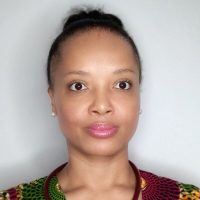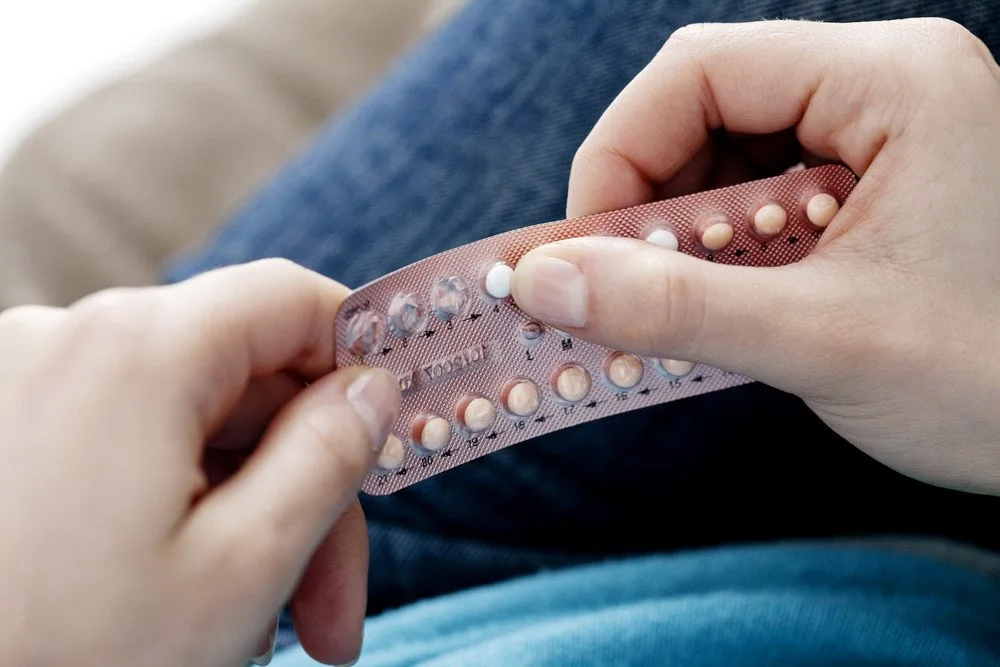Africa. Women face multiple challenges when it comes to receiving contraceptive advice and access. Addressing this helps to empower women and contributes to shaping a more equitable and safe South Africa.
Contraceptives Are a Healthcare Need
Contraception is a critical healthcare need that has a far-reaching impact on society. Offering women contraceptives has been shown to have positive economic and health-related consequences. This includes reducing the risk of complications among much younger and older women. It also brings down the need for unsafe abortions and mother-to-child HIV transmissions — allowing women to better participate in society and work.
According to a National Department of Health indicator on contraceptive coverage, known as the “couple-year protection rate (CYPR),” South Africa has seen a decline in contraception coverage in recent years. This is matched by a high unintended pregnancy rate (51.6% in a cross-regional survey conducted in 2019).
But while contraception should be available to every South African woman who chooses to use it, many don’t receive the proper care and advice they require. There is no singular ad explanation for the decline in contraception coverage, but rather several contributing factors.
The problem of awareness and education
Deciding the appropriate contraceptive method requires education and consultation with a healthcare professional. In many cases, though, South African women lack adequate knowledge about reproduction, conception, fertility, and even how the various contraceptive methods work to make informed decisions.
This problem is worsened by the lack of counseling and support women tend to receive from healthcare providers. Healthcare workers often don’t have sufficient training or time to advise and administer a wider range of contraception options, such as inserting and removing IUDs or implants.
This, together with common misconceptions, means the same tried and tested contraceptive methods tend to be administered without considering each patient’s individual needs.
Social stigma
Another issue women face when seeking contraceptive assistance in South Africa is societal taboos around women being sexually active.
Young or unmarried women in particular can face judgment from their communities or healthcare providers alike. This can make visiting a clinic an unpleasant experience, often avoided.

Photo by Jovaughn Stephens on Unsplash
Costs and inconvenience
Once a woman has decided on a contraceptive method, many forms of contraception require a prescription, frequent renewals, and consultations with medical professionals.
This adds to the time and costs it takes to access contraception.
Women who are hesitant to visit public clinics are faced with long lines and occasional disruption in contraceptive supply.
Women in the private healthcare sector need to schedule appointments with healthcare professionals to review their prescriptions. Apart from the cost of consultation, the actual cost of contraception is not a prescribed minimum benefit as defined by the Council of Medical Schemes. This means that while certain schemes will cover certain contraceptives, this tends to come out of a member’s savings account and once those are depleted, options grow limited.
GBV and women’s vulnerability
Many women use contraceptives in South Africa due to the epidemic of Gender-Based Violence. For some, these contraceptives offer a way to avoid conflict with their partners around using a condom. In many other cases, women use pre-exposure prophylaxis PrEP as a way to mitigate the threat of HIV contracted through rape.
Another common request for contraceptives is due to burst condoms, which should not occur as frequently as it is reported. In these cases, there may be an attempt to mask the truth due to shame. This is further worsened by the stigma patients receive when visiting clinics.
Accessible family planning and contraception
I’ve consulted through the clinic app that allows people to chat with a registered doctor, nurse, or mental health professional on their smartphone. 80% of our patients have been women. Additionally, almost a third of all consultations have been related to women’s health, specifically related to STIs and contraception — a testament to the need for such a service in South Africa.
All consultations are done using a smartphone, which helps address many of the issues women face in seeking contraceptive help. For one, there is a degree of anonymity as the consultations are private. They are conducted in each patient’s own time and space by registered clinicians who treat them with kindness.
Bottom line
For too long, I’ve seen how vulnerable and exploited women are in this country. We need to find ways to address this through empowerment.
Who is the author?

Dr Nomacete Tshume
Dr. Nomacete Tshume graduated from the University of Stellenbosch in 2011. She works in private practice, does escalations for ER24, and ER locums, and conducts air ambulance transfers and commercial escorts. She is passionate about women’s health and pediatrics.



![women [longevity live]](https://longevitylive.com/wp-content/uploads/2020/01/photo-of-women-walking-down-the-street-1116984-100x100.jpg)










